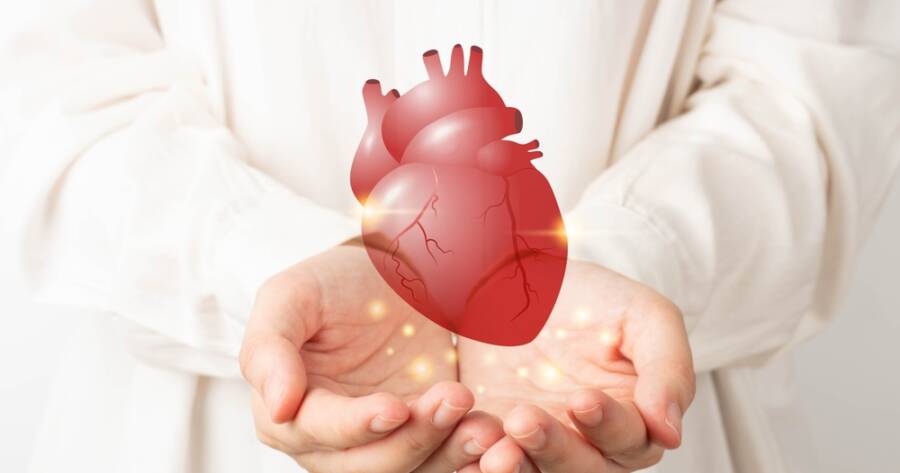Hypertension, commonly known as high blood pressure, is a prevalent health concern affecting millions worldwide. Often referred to as a “silent killer,” it can quietly damage the heart, kidneys, and other organs over time if left unmanaged. While there is no one-size-fits-all approach, several strategies can help mitigate the risks associated with high blood pressure. This article explores evidence-based management techniques and lifestyle adjustments that may support individuals in maintaining healthier blood pressure levels.
What is Hypertensive Cardiovascular Disease?
Hypertensive cardiovascular disease refers to a range of conditions that affect the heart and blood vessels due to persistently elevated blood pressure. Hypertension, commonly known as high blood pressure, is a major risk factor for cardiovascular diseases, including heart attacks, strokes, heart failure, and kidney disease. It occurs when the force exerted by the blood against the artery walls is consistently higher than normal. This increased pressure can damage the arteries and organs, leading to serious health complications.1
Hypertensive cardiovascular disease encompasses a spectrum of conditions that can affect different parts of the cardiovascular system. These conditions include:
- Ischemic heart disease: This occurs when the blood supply to the heart is reduced or blocked, often due to a buildup of plaque in the arteries (atherosclerosis).
- Stroke: A stroke occurs when the blood supply to a part of the brain is interrupted or reduced, causing brain damage.
- Heart failure: This condition develops when the heart is unable to pump enough blood to meet the body’s needs.
- Kidney disease: Hypertension can damage the kidneys, leading to chronic kidney disease and potentially kidney failure.
Hypertension: A Leading Risk Factor
Hypertension is a significant global health concern, affecting individuals worldwide. The prevalence of hypertension has been rising in recent years, particularly in low- and middle-income countries. This increase is attributed to various factors, including aging populations, unhealthy diets, physical inactivity, and increasing obesity rates.
Hypertension is a major risk factor for cardiovascular diseases, which are the leading cause of death globally. It significantly increases the likelihood of heart attacks, strokes, heart failure, and kidney disease. The risk of these complications increases as blood pressure levels rise.
Effective Management for Better Health
The management of hypertension involves a combination of lifestyle modifications and medication. Lifestyle modifications play a vital role in preventing and controlling hypertension. These include:
- Healthy diet: Consuming a diet rich in fruits, vegetables, whole grains, and low in saturated fat, cholesterol, and sodium can help lower blood pressure.
- Regular physical activity: Engaging in regular aerobic exercise, such as brisk walking, cycling, or swimming, can effectively reduce blood pressure.
- Weight management: Maintaining a healthy weight can significantly lower blood pressure.
- Smoking cessation: Smoking increases blood pressure and the risk of cardiovascular disease. Quitting smoking can significantly improve blood pressure control.
- Moderate alcohol intake: Excessive alcohol consumption can raise blood pressure. Limiting alcohol intake can help lower blood pressure.
- Stress management: Chronic stress can contribute to high blood pressure. Practicing relaxation techniques, such as yoga, meditation, or deep breathing, can help manage stress and lower blood pressure.
In addition to lifestyle modifications, medication may be necessary to control blood pressure. Various medications are available, including diuretics, beta-blockers, calcium channel blockers, angiotensin-converting enzyme (ACE) inhibitors, and angiotensin receptor blockers (ARBs). The choice of medication depends on individual factors, such as the severity of hypertension, underlying medical conditions, and medication tolerability.2
The Role of Early Detection and Regular Monitoring
Early detection and regular monitoring of blood pressure are critical in managing hypertension effectively. Since hypertension often presents without noticeable symptoms, many individuals may be unaware they have the condition until it has caused significant damage.
Routine blood pressure checks, whether at a healthcare provider’s office or through home monitoring devices, allow for the early identification of elevated blood pressure. This enables timely intervention, which can prevent the progression to hypertensive cardiovascular disease and reduce the risk of serious complications such as heart attacks and strokes.
Understanding the Impact of Diet on Hypertension
Diet plays a key role in preventing and managing hypertension. High sodium, saturated fats, and processed foods raise blood pressure, while a heart-healthy diet can lower it.
The DASH diet emphasizes fruits, vegetables, and whole grains, reducing sodium, sweets, and red meat. Reducing sodium intake and eating potassium-rich foods like bananas and spinach can also help balance blood pressure and support heart health.
The Importance of Medication Adherence
For many with hypertension, medication is essential when lifestyle changes aren’t enough. Adherence to the prescribed regimen is key to controlling blood pressure and preventing complications.
Non-adherence can result from side effects, cost, or misunderstanding the importance of consistent use. Healthcare providers can help by offering clear instructions, discussing side effects, and simplifying regimens. Educating patients on the long-term benefits of managing blood pressure is crucial for encouraging adherence.
Learn More About Hypertensive Cardiovascular Disease
Managing hypertension often requires a multifaceted approach tailored to each individual’s unique needs and circumstances. By incorporating dietary changes, regular physical activity, weight management, and stress reduction techniques, individuals may significantly improve their blood pressure levels.
It is essential to work closely with healthcare providers to create a comprehensive plan, including medications if necessary. While no strategy guarantees success for everyone, consistent efforts toward a healthier lifestyle can pave the way for improved overall well-being and reduced risks associated with high blood pressure.
